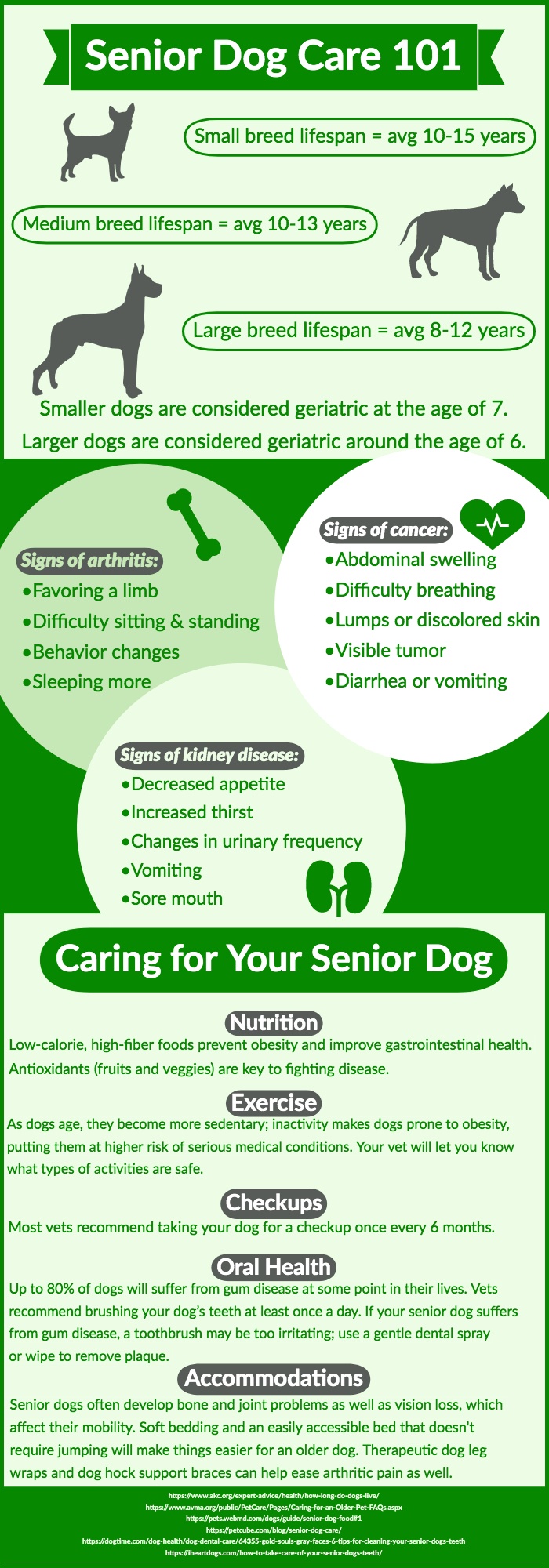How Dog Daycare Helps Socialization
How Dog Daycare Helps Socialization
Blog Article
Can Pet Daycare Reason Disease?
Canines in daycare obtain great deals of exercise, socialization with other dogs and unique experiences. This can be specifically valuable for puppies and pets with behavior issues.
There are a number of lawful factors to consider you require to think about when beginning a doggy daycare company. These include the framework of your service and conformity with federal government laws.
1. Pooch Distemper
Canine distemper is spread out via straight contact with the physical liquids and waste of an infected dog, but it can also be transmitted through shared water and food bowls or with airborne droplets. This extremely contagious disease is most harmful for young puppies, however it can affect pet dogs of any kind of age and is deadly for the majority of if left untreated.
Initial symptoms of canine distemper often mimic a common cold, including runny eyes and nose with watery or pus-like discharge. As the disease progresses, a dog will certainly create high temperature, coughing, lowered cravings, throwing up and looseness of the bowels. The virus can likewise assault the nerve system, causing seizures, shivering and partial or full paralysis.
Reliable daycares reduce exposure to infection by requiring vaccinations, regular health examinations and adhere to rigorous health procedures. If your puppy seems overly tired or hopping, a day off might assist him recuperate, but you should avoid taking him back to daycare until these signs and symptoms clear.
2. Kennel Coughing
Kennel cough, also known as transmittable canine tracheobronchitis or Bordetella, is a very transmittable viral or microbial illness that affects the respiratory system. It's frequently transferred through the exchange of saliva or air beads that an unwell pet dog exhales. Social dogs go to higher risk for infection as a result of their constant interaction with one another, such as when they play, share food or water, smell each other or simply meet in a jampacked atmosphere like a canine park or daycare.
One of the most usual sign of kennel cough is a persistent and strong coughing that sounds like something stuck in the throat or retching. Usually, pet dogs will cough up foamy white phlegm. If left without treatment, a canine can create pneumonia and be at significant danger forever.
A respectable day care facility need to have stringent cleaning and hygiene procedures, sanitize all playthings, food and water bowls on a regular basis, and be open regarding their vaccination plans. Keeping your dog approximately date on their vaccinations, especially for bordetella and canine influenza, will greatly minimize their possibilities of contracting the ailment.
3. Parvovirus
Canine parvovirus, or parvo, is an extremely contagious viral health problem that can be lethal for puppies and young person canines with poor body immune systems. It's most typically spread out by straight contact with contaminated pet feces-- which can occur when dogs smell, lick, or taste contaminated feces-- and indirectly from contaminated individuals, items, or settings (like kennels, grooming rooms and yards). Puppies and pets without complete inoculation histories are specifically prone to parvo.
The virus is very resilient, enduring in the atmosphere for approximately nine years, and can easily be moved between pet dogs by contact via feces or on shoes, garments, and bedding polluted with parvovirus. If not dealt with immediately with IV liquids, electrolyte equilibrium, vomiting control medications and anti-biotics to avoid second bacterial infections, a pet will rapidly dry out and develop extreme diarrhea, which causes shock and blood poisoning. Parvo is challenging to heal once a pet dog has ended up being ill, but with suitable vet care, lots of puppies do endure this ailment.
4. Dog dog board and train near me Flu
Canine influenza infection is highly infectious and spreads through direct call, sharing food and water bowls, licking or nuzzling other pet dogs, via airborne beads, and through polluted surface areas. Vaccination works in lowering the risk of infection and break outs.
The majority of affected pet dogs develop a moderate respiratory system infection with a cough that lasts 1-3 weeks. They may likewise have nasal and eye discharge, sneezing, and lethargy. A few of one of the most serious situations cause pneumonia and a high fever.
If your dog displays any one of these symptoms, do not bring them back to daycare up until they are healthy and balanced. If your dog is showing indicators of extreme fatigue or hopping, talk with your vet right now and see to it they are on health supplements to assist construct their immunity. A vet will certainly review your canine for signs of the influenza by taking a sample from the nose or throat, and blood examinations can be done to validate.